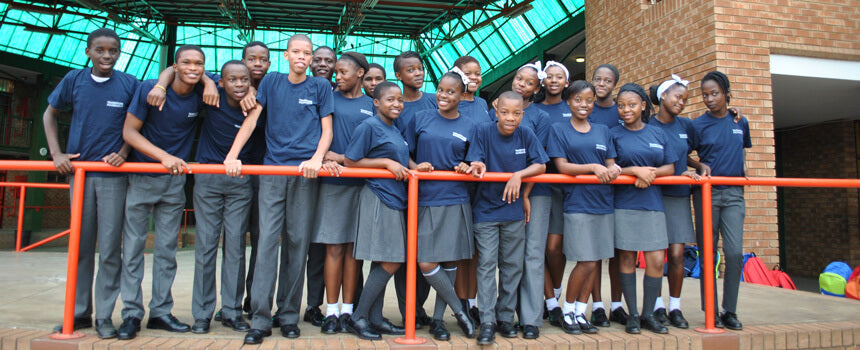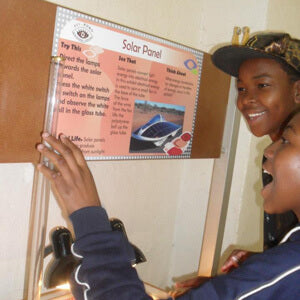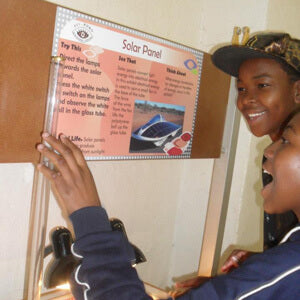Day 13
One hour of tutoring and career advice for a young person in South Africa
 A bridge between school and training
A bridge between school and training


Promoting young talent in South Africa: focus on scientific subjects and one’s own future

need
Supporting South African young people in the transition between school and training.
activity
The local NGO Transition Foundations supports young people from a South African township and shows them career prospects after they graduate from school.
Measurable performance
The academic performance of the supported young people is above average.
Result
Increasing the school leaving certificate rate of participating young people and subsequent application for university or training to 100%.
Systemically relevant impact
Participation in South Africa's economic and social advancement regardless of origin, role model and multiplier effect for future generations.
background


The good deed
AboutSouth Africa
Pretoria (executive), Cape Town (legislative), Bloemfontein (judicial)
Capital city
53 157 500
Population

6 483 USD
Gross domestic product
per capita per year

118
Human Development Index
(Human Development Index)



